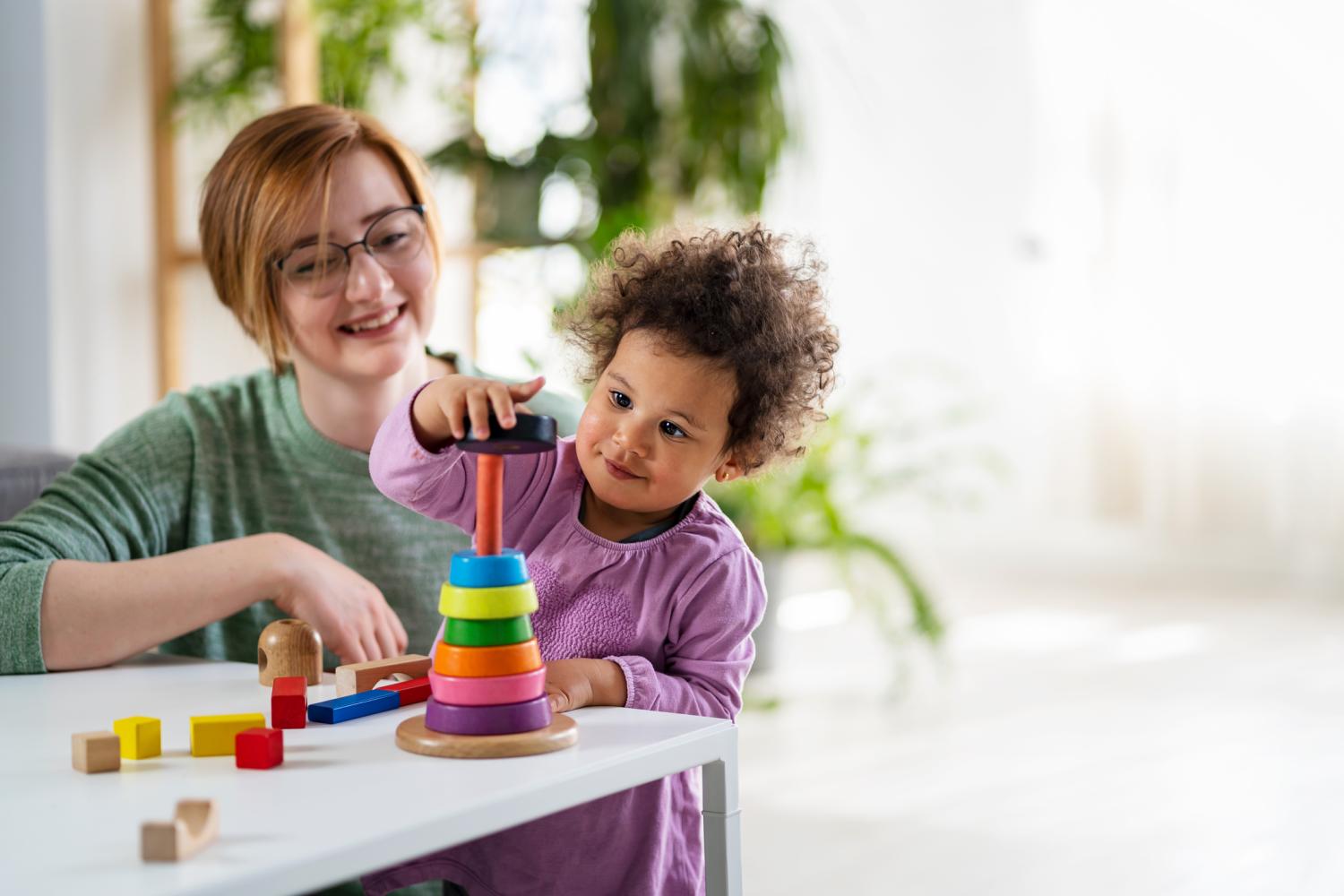A new study in JAMA Network Open used data from the Ontario Birth Study collected between February 2018 and June 2022 to compare developmental outcomes and emotional and cognitive well-being among preschool-aged children exposed to the COVID-19 pandemic.
Eligible participants were children aged 24 and 54 months during the prepandemic and pandemic period. Surprisingly, the pandemic had both positive and negative effects on kids, with kids exposed to the pandemic showing greater problem-solving skills but having a greater risk of personal-social difficulties.
While most studies have looked at the pandemic’s impact on elementary school kids or teenagers, little attention has been paid to preschool-aged kids. But in Canada, that cohort was subject to at least four separate lockdown periods in the first 18 months of the pandemic and several daycare and preschool closures.
"Few studies have examined the effects of the pandemic on children’s neurocognitive functioning," the authors wrote. "The current study addresses these limitations by combining assessments of socioemotional and neurocognitive development during the pandemic using both parent-report and performance-based measures with comparisons to a prepandemic cohort from the same study using matched methods and measures."
Surveys assessed motor skills, language
The study was based on surveys given to parents any time before or after the pandemic, with child participants assessed at 24 and 54 months of age. At 24 months, the survey used the Ages and Stages Questionnaire, a screening tool measuring communication, gross motor, fine motor, problem-solving, and personal-social skills.
At 54 months, children completed the National Institutes of Health (NIH) Toolbox Early Childhood Cognitive Battery on iPads in their homes, which assessed inhibitory control and attention, cognitive flexibility, visual episodic memory, and language skills.
At 24 months, 258 children were assessed before the pandemic (April 17, 2018, to March 10, 2020), and 460 were assessed during the pandemic (March 17, 2020, to May 17, 2022), while at 54 months, 417 children were assessed before the pandemic (February 8, 2018, to March 10, 2020), and 286 were assessed during the pandemic (March 14, 2020, to June 6, 2022).
Pandemic kids better problem solvers
At 24 months, the pandemic-exposed group had significantly higher problem-solving skills (3.93; 95% confidence interval [CI], 2.48 to 5.38) but lower personal-social skills (−1.70; 95% CI, −3.21 to −0.20) than the unexposed group.
Pandemic-exposed children also had better fine motor skills than the control group. At 54 months, kids exposed to the pandemic had significantly higher vocabulary, picture sequence memory scores, and cognitive composite scores.
There were no significant differences in children’s socioemotional functioning between exposed and nonexposed groups
"There were no significant differences in children’s socioemotional functioning between exposed and nonexposed groups," the authors said.
The authors said children assessed at 24 months did show lower personal-social skills, which likely had to do with sibling school closures, parental work stress, and general social disruption rather than preschool or daycare closures.
In a commentary on the study, authors write of this age-group, "Lockdowns during the pandemic led to young children being socially isolated from peers and a lack of normative daily social experiences (eg, visits to the grocery store or playground) coupled with increased time with caregivers, reflecting a drastic shift in their social world."





















